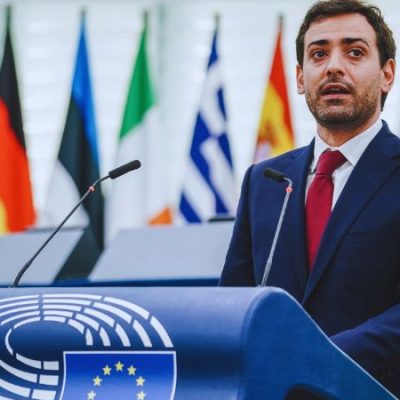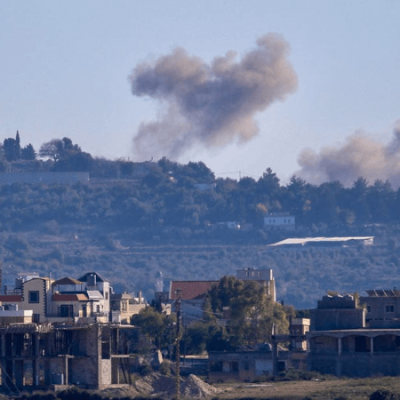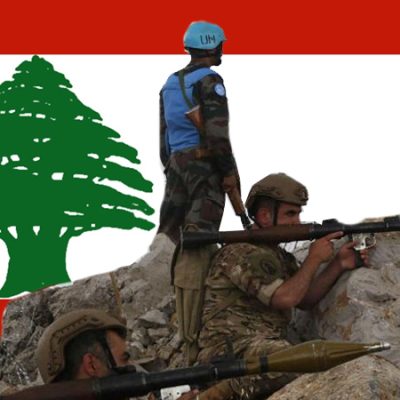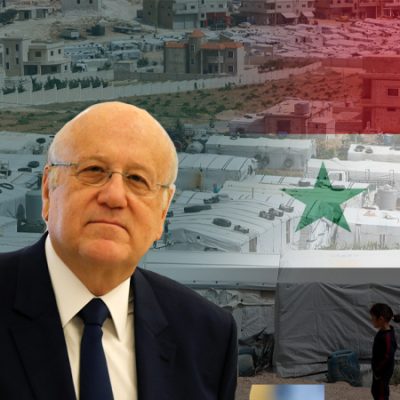Middle Eastern rich people’s profits during COVID-19 enough to pay Beirut blast repair bill, Oxfam shows
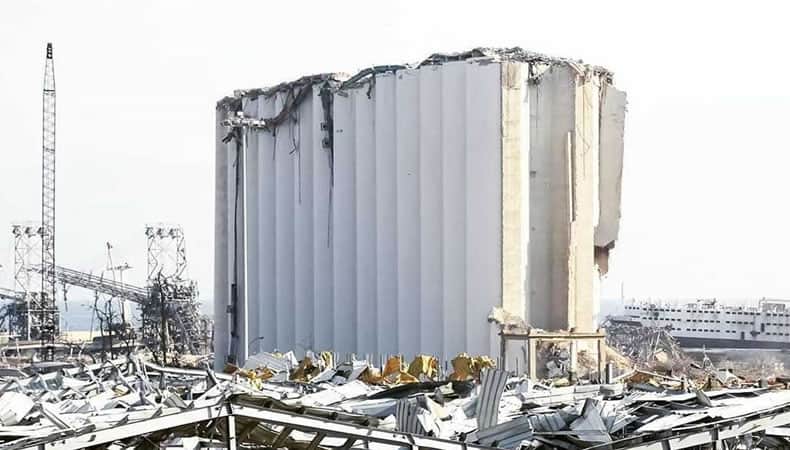
The assets of the twenty-one richest people in the Middle East have improved by more than double the amount needed to reconstruct explosion-stricken capital of Lebanon, Beirut, since the beginning of the COVID-19 pandemic, Oxfam said.According to the report released Thursday, 45 million people could fall into poverty.
The organization said the 21 billionaires in the Middle East and North Africa, all men, have seen an increase in the size of their wealth by approximately $ 10 billion since the start of the health crisis, double the amount needed to rebuild the destroyed Lebanese capital.
The foundation said that these men accumulated nearly $10 billion more in wealth between March 18 and August 16, 2020. It obtained the data from Forbes’ Billionaires List and Real-Time Billionaires ranking.Whether or not this is equal to double the price required to reconstruct Beirut after the August 4 explosion, as Oxfam claims, is controversial.Oxfam made its estimation based on accountancy firm Price Waterhouse Cooper’s assessment that the loss totalled around $5 billion.
The firm stated that this estimate accounts for damage to 30-40 destroyed buildings, 3,400 uninhabitable fabricating, and a total of 40,000 houses. The Lebanese President Michel Aoun has meanwhile put the amount closer to $15 billion.
Nabil Abdo, a senior policy adviser at Oxfam, said that for too long, the countries prioritized the profit at the expense of the public wellbeing and security. He added that the outcome of that could not be stiffer in the sequel of the catastrophic blast in Beirut, which has further endangered the fragility of the economy and will only increase existing inequalities.
Read more : Lebanon approves state of emergency; rights groups raise concerns over threat to freedom
Governments in the region need to act quickly and raise revenues to protect the most vulnerable in society. Oxfam warns. In Lebanon, if a five percent solidarity net wealth tax had been introduced last year, $3.7 billion in tax revenues would have been generated to help rebuild the electricity and water infrastructure. And provide services to keep people safe in the aftermath of the blast.
Before the virus hit, the MENA region was already one of the most unequal in the world. And COVID-19 has further deepened the gap between the rich and the poor. Seventy-six percent of the region’s income goes to just 10 percent of the community, with 37 billionaires owning as many resources as the poorest half of the adult population.If Jordan, Lebanon, Egypt, and Morocco had implemented a two percent wealth tax from 2010, these countries could have raised $38 billion in tax revenues. Which could be invested in improving public healthcare and rebuilding social protection systems.
The OXFAM report indicates that the global COVID-19 epidemic has revealed the large differences and massive failures in our economic systems, while leaving billionaires to add more than $63 million to their wealth every day, since the start of the health emergency.More than 200 people died in the blast at Beirut’s port, while 7,000 more were wounded.
The blast also caused the displacement of over 300,000 residents.Hundreds of tons of ammonium nitrate detonated in the catastrophe as they amassed unsafely for many years with the awareness of the judges and State actors. A local inquiry into the circumstances that led to its firing is ongoing.

